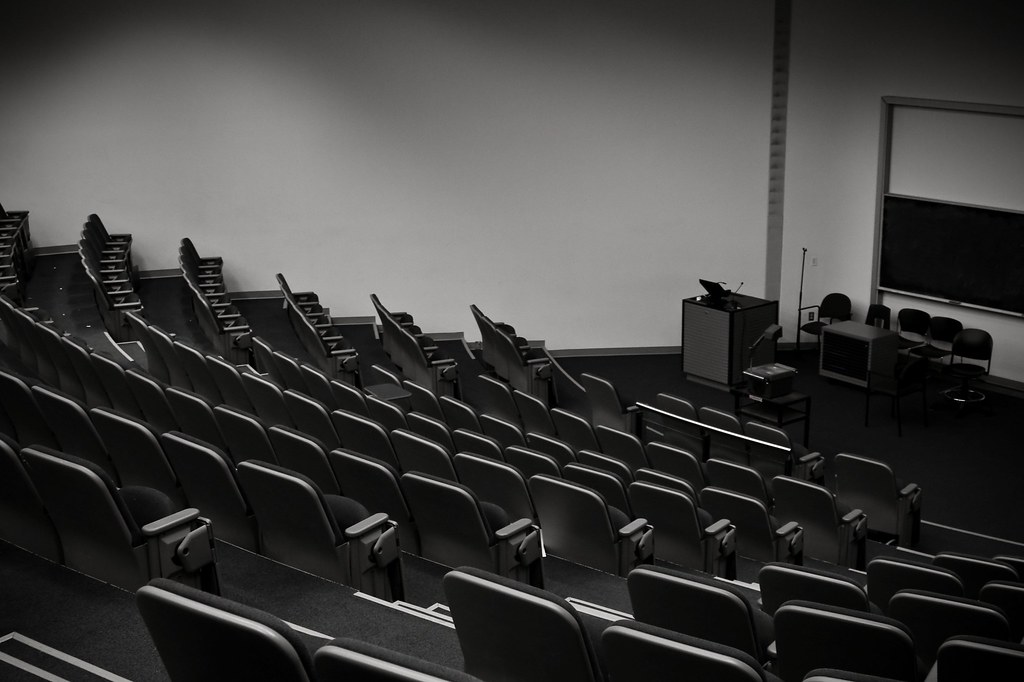 I ended my post last week with a question—why is it so hard to listen to advice? This is a key question these days, with so many people ignoring Continue reading
I ended my post last week with a question—why is it so hard to listen to advice? This is a key question these days, with so many people ignoring Continue reading
Category Archives: The Pandemic
“The Dialogue between Voltaire and Rousseau on the Lisbon Earthquake: The Emergence of a Social Science View”
Our Pandemic and Siena’s Plague: Looking Outside Lorenzetti’s Fresco
The COVID-19 spring, and now summer, of 2020 has kept me thinking about something with which I have been preoccupied for about a year now: the fresco series by Ambrogio Lorenzetti known as the Allegory of Good and Bad Government, Continue reading
Efficiency Meets the Pandemic: The Shortage of N95 Masks
 One hallmark of a market-driven economy is efficiency, i.e. manufacturing a product at the lowest cost. However, some problems exist with always being driven to reduce cost. One problem is that Continue reading
One hallmark of a market-driven economy is efficiency, i.e. manufacturing a product at the lowest cost. However, some problems exist with always being driven to reduce cost. One problem is that Continue reading
The Pandemic and the Kleptocrat: Predators and Parasites of the Anthropocene
In the past eight weeks I’ve read four equally scary magazine articles. They are (in no specific order): Continue reading
The Coronavirus Looks Like Neoliberalism, Part Two: Images and Counterimages
“There’s no image of it, other than that disco-ball microscopic view of the thing.”

Screen capture of CNN reporting on coronavirus in the West Wing of the White House, May 11, 2020
In my previous post, I drew on Louis Althusser’s theory of ideology to argue that the “spiky blob” image of the coronavirus produced by designers at the CDC is an ideological image that “interpellates” us by repeatedly triggering in us a flight instinct that leads us to an isolating abyss of fear and thus constitutes us as subjects amenable to the project of neoliberalism.
The broader visual culture of COVID-19 is similarly inclined and has taught us how to fear Continue reading
The Coronavirus Looks Like Neoliberalism, Part One: The “Spiky Blob”

Screen capture of Sean Hannity on Fox News, February 27, 2020
A couple months ago, as the reality of the COVID-19 pandemic was setting in, I read a news story in which I learned that unwashed produce could put my life in jeopardy. Why am I being taught to fear vegetables? Louis Althusser may have some answers: Continue reading
Climate Change, the Anthropocene, Health, and Disease

Empty classroom. Photo by Benson Kua (CC BY-SA 2.0)
The Dream Course, Interrupted
With the end of the spring semester, the Climate Change in History Dream Course came to a close. The course was neatly broken in two by COVID-19, which was officially declared a pandemic in mid-March, just as Continue reading
The Role of Art in a Pandemic
[With this post we begin a series in which we will offer some responses to the pandemic now unfolding across the globe, disrupting everyone’s lives. As we do on this blog we will speak from our own disciplinary positions, in the hope that people from other fields might find their own attempts to understand this crisis enriched.]
Pandemics, like climate change, are strange combinations of human activity and other natural processes. We make pandemics through all that we do — moving, touching, caring, talking, and so forth — because Continue reading




You must be logged in to post a comment.